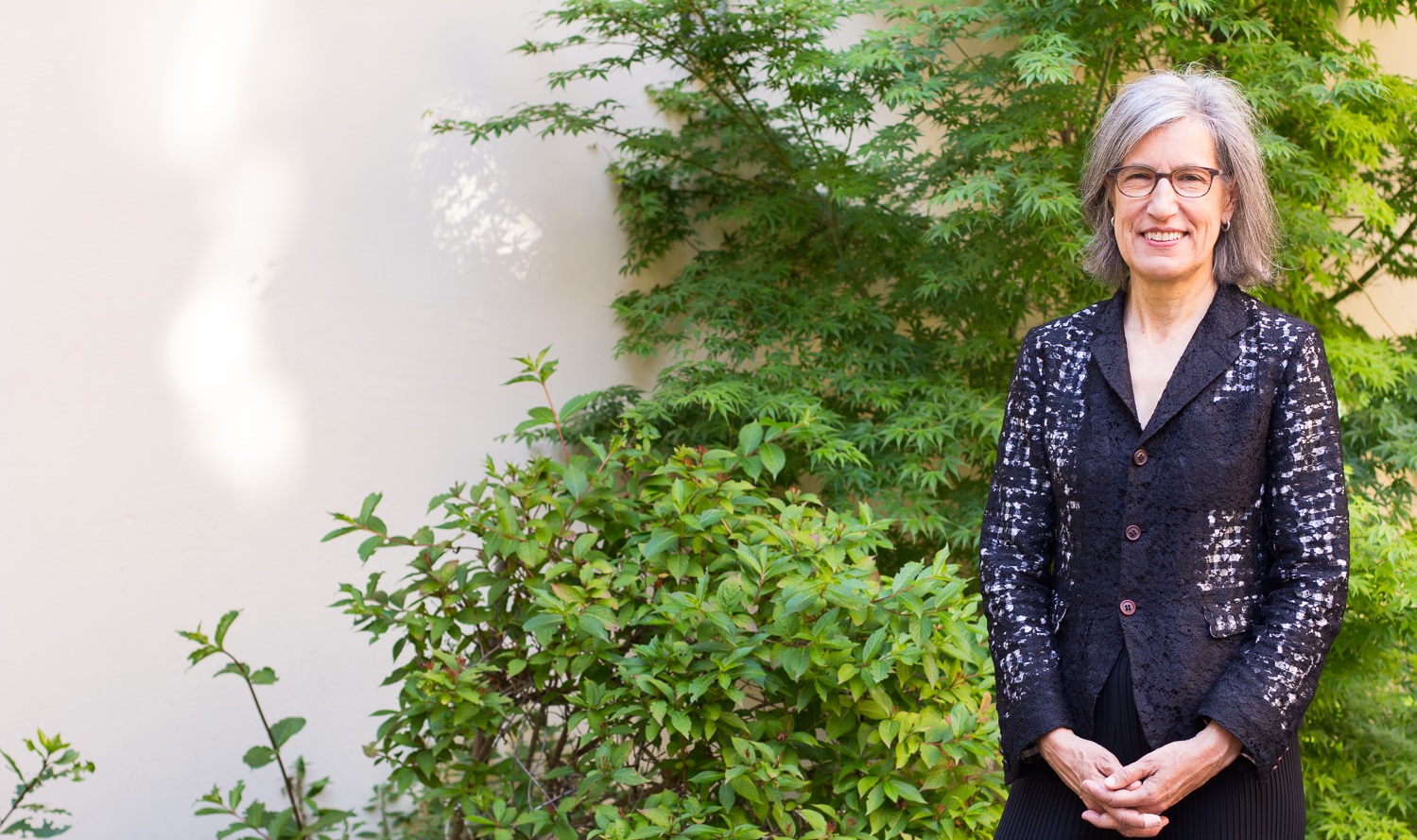
Dr Flavia Schlegel came to the ISC with great admiration for what had been achieved through the merger and the possibilities it could bring to serve the science community, and ultimately, the global response to the 2030 Agenda.
She leaves at a time when the gains made for each of the Sustainable Development Goals could be in danger due to the multiple levels of risk the pandemic brings, but has a sense of hope that through the continued drive for collaboration between science communities and policy-makers, that the complex problems and global challenges that humanity faces can be solved.
What were your top three key moments from 2020? When was the Council particularly visible and especially able to make an impact?
You had a pivotal role in the IIASA-ISC Consultative Science Platform – Bouncing Forward Sustainably: Pathways to a post-COVID World. Tell us what has been achieved so far, and what happens next in the process?
This was certainly a timely and important collaboration for the two organizations, and again highlights how agile the ISC can be in responding to global crises. What I liked about this collaboration was that it brought together ISC Patrons Mary Robinson and Ismail Serageldin, as well as ISC and IIASA science officers and a host of experts from across the world to design sustainability pathways that will enable building-back a more sustainable post COVID-19 world.
During the consultations on the four themes – Governance for Sustainability, Strengthening Science Systems, Resilient Food Systems and Sustainable Energy it became clear that the emerging theme, and what one hopes will be an enduring legacy from the pandemic, is that “transformations are within reach”. It was an honour that the ISC could convene its global voice for science at the United Nations General Assembly as part of a side event, featuring Ban Ki-moon and supported by the Norwegian Ministry of Foreign Affairs and Science and Innovation Department of South Africa.
The four thematic reports will be launched in late January 2021, along with a multimedia website. It is hoped that the reports can be used to “bounce forward sustainability” at various conferences and online gatherings that touch on the same themes discussed during this consultative process.
What is your lasting observation at your time at the ISC?
That the merger was the right decision. As the United Nations Secretary General has mentioned many times during this year of the pandemic – when we also celebrate 75 years of the UN – is that we need a multilateralism which is more networked and more inclusive and more resilient in order to respond to the fast changing landscape of threats, opportunities and our capacities as humans to be resilient.
And we also need a ‘multilateral science’ organization, bringing the full power, creativity and knowledge of the science community in all its diversity to the table. Success in overcoming the pandemic will not lie in one discipline or in one approach in one region or country, but in bringing the natural and social sciences, the scientists and the policy makers closer together across the globe. In this way the ISC plays a pivotal role in contributing to set norms and standards, or global agreement on how to cooperate internationally in a more and more polarized world.
What should ISC members be thinking about in 2021?
Not to withdraw to an ivory tower, not to be discouraged by climate deniers, pandemic conspirators, manipulative politicians. I think a challenge to ISC members is to be mindful of the “infodemic” that is coming in 2021 – not just with the pandemic – but also because it’s a critical year for climate and biodiversity. The year will offer so many challenges to science which we have to approach respectfully, ethically and responsibly. And it will be another year to defend freedom and independence of science and scientists.
I am encouraged when I see how the ISC invests in innovation when it comes to communicating with policy makers and the public about the possibilities – and the limits – of science in solving our global challenges. I’m excited for the ISC and its continuing journey in strengthening the global voice for science, and most importantly, realizing its vision of science as a global public good.